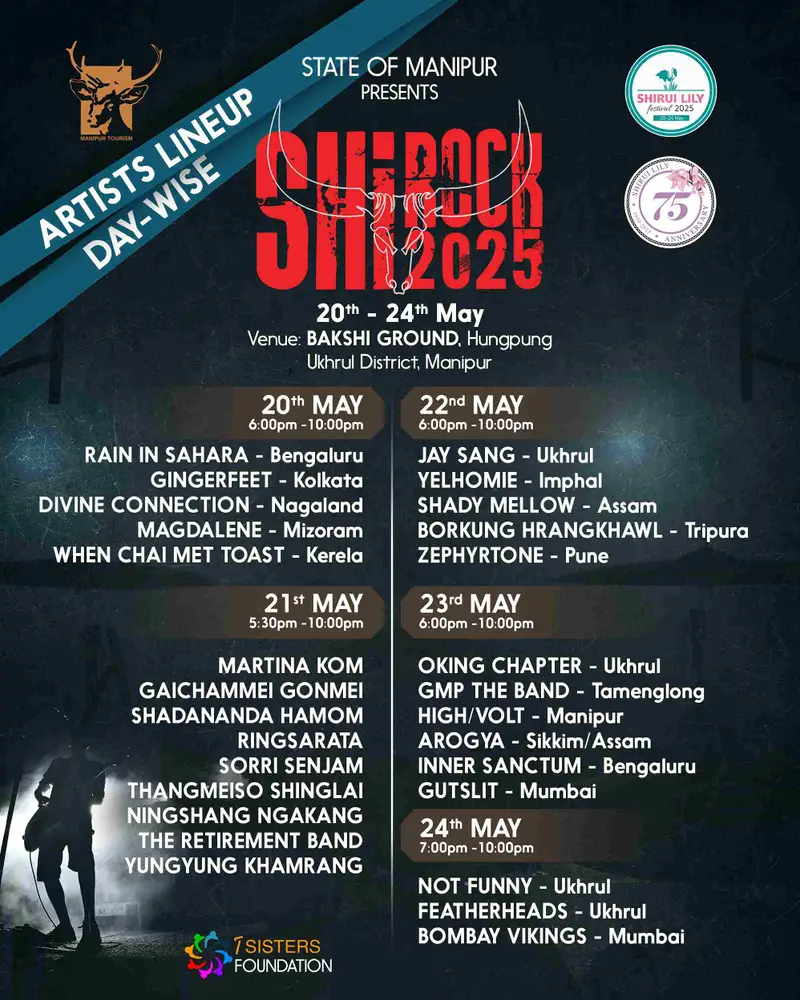Now Reading: A New Voice in Parliament: Akoijam’s Fiery Debut Sets High Bar for Alfred Arthur
-
01
A New Voice in Parliament: Akoijam’s Fiery Debut Sets High Bar for Alfred Arthur
A New Voice in Parliament: Akoijam’s Fiery Debut Sets High Bar for Alfred Arthur

Angomcha Bimol Akoijam, a new Indian National Congress MP from Manipur, maiden speech in Parliament was nothing short of electrifying. As a debutant participant, Akoijam boldly highlights some of the most pressing issues facing Manipur and the Northeast region, setting a formidable benchmark for fellow Indian National Congress MP of Outer Manipur, Alfred Kan-ngam Shangshakwoshi Arthur. Akoijam’s speech not only addressed the pressing problems of Manipur’s ethnic conflicts but also directly attacked the Prime Minister for his silence. This bold approach highlighted the significant failures of the current administration in Delhi, and Akoijam’s fervour and clarity resonated deeply with many who have felt marginalised and ignored by the central government.
Akoijam’s speech underscored the complex and often overlooked ethnic tensions in Manipur, highlighting the intricate dynamics that have led to prolonged conflict and suffering. By centering his address on these local issues, he emphasised the disconnect between the central government’s policies and the lived realities of the Northeast diverse communities. This not only critiqued the national leadership but also demanded a more nuanced and empathetic approach to governance in the region. His articulation of the pain and struggles faced by various ethnic groups in Manipur brought a humanising perspective to a deeply entrenched problem, urging the Parliament to prioritise peace and reconciliation efforts.
Also read | PM Modi Breaks his Silence on Manipur Violence, Calls for Unity, Vows Peace
His scathing critique of the Prime Minister’s silence on the Manipur conflict for more than a year was particularly striking. By calling out the leader of the nation for his lack of response, Akoijam challenged the narrative of inclusivity and development that has been central to the BJP’s political rhetoric. This bold move exposed the gaps between promises and action, questioning the integrity and priorities of the current leadership. He lambasted the Prime Minister for his silence on the Manipur issue, a silence Akoijam equated with complicity. In a political landscape where leaders often tread carefully to avoid direct confrontation with those in power, Akoijam’s bold stance was both refreshing and necessary. His accusation of neglect towards the Northeast region was not a baseless charge but a pointed reminder of the systemic marginalisation that has long been felt by the people of Manipur and its neighbouring states.
Furthermore, Akoijam’s speech highlighted the broader neglect of the Northeast by the central government. His points on psychological deficits, economic marginalisation, and political underrepresentation resonated with longstanding grievances. This critique was not just a political manoeuvre but a call for justice and equity, urging the government to address historical injustices and present-day disparities.
The emphasis on the BJP government’s failures in Delhi added another layer to his argument. By drawing connections between national policies and local impacts, Akoijam illustrated how broader political decisions have tangible, often detrimental, effects on the Northeast. This approach not only criticised current governance but also advocated for a more inclusive and balanced federal structure.
In contrast, Alfred Kan-ngam Shangshakwoshi Arthur, preparing for his maiden speech, now faces the challenge of living up to Akoijam’s high standards. Alfred Arthur must address these critical issues, delving into the immediate issues facing the tribals of Manipur hills with equal passion and precision. The expectation is not just for another critique, but for a constructive and compelling vision that addresses the root causes of Manipur’s conflicts and the broader neglect of the Northeast.
Arthur’s speech must navigate the fine line between highlighting failures and offering solutions, given the diverse ethnic groups the State that he represents in the Lok Sabha. To build further on Akoijam’s critique, he will need to propose actionable strategies that can bridge the current insurmountable gap between the Meitei/Meetei and the Kuki-Zo. His address should aim to foster unity among the four ethnic groups, the Nagas, Meitei Pangals (Muslims), Kuki-Zo, and Meiteis while advocating for the the state’s distinct needs, especially for the hill tribals of Manipur, ensuring that the momentum generated by Akoijam’s speech translates into tangible political, economical and social change.
In conclusion, Bimol Akoijam’s maiden speech has set a high bar for Alfred Arthur who represents the hill tribals’ interests, raising critical issues of ethnic conflict, governmental neglect, and leadership failures. Alfred Arthur’s task is now to match this intensity with substance, advocating for policies that genuinely address the needs of Manipur and the Northeast while also pushing for a more inclusive and responsive national governance.
Pamreihor Khashimwo is a research scholar based out of Delhi. Views are personal.
He may be reached at khashimwo.jnu@gmail.com













